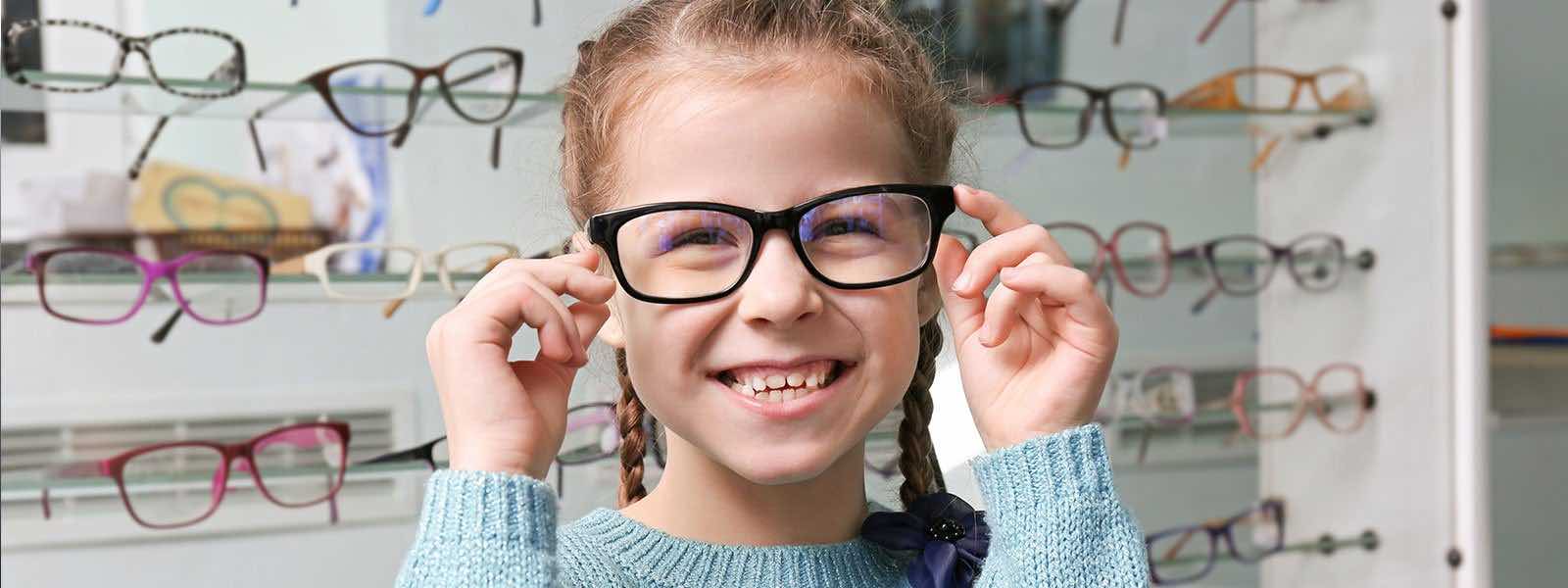Is Coffee Bad for Your Eyes?

In 2017, the National Coffee Drinking Trends report showed that 62 percent of the more than 3,000 people who participated in the online survey said they drink coffee daily. This was up from 57 percent in 2016, said the report, which was released at the coffee association’s conference in Austin, Texas.
Even though the US population is drinking more coffee than ever it still only ranks 22nd overall in per capita consumption. The people of Finland average 3 times as much coffee consumption as in the US.
We’ve all experienced the effects – positive and negative – of coffee or other caffeinated drinks, but what does all this caffeine intake do to your eyes? The answer will vary from person to person, but some interesting studies have been done to get to the bottom of it.
Coffee and Glaucoma
One study published in the journal Investigative Ophthalmology and Visual Science showed that more than 3 cups of coffee per day lead to an increased risk for a specific type of Glaucoma called Pseudoexfoliation Glaucoma, when compared to non-coffee drinkers.
Another analysis demonstrated that people who were already diagnosed with glaucoma or ocular hypertension had a tendency to have higher eye pressure with caffeine, but saw no effect on people without the disease.
A separate study published by Dove Press, administered eye drops containing caffeine to 5 volunteers with either Glaucoma or Ocular Hypertension. This study showed no change in the eye pressure with the drops administered 3 times a day over the course of a week.
Summing up the available studies in terms of Glaucoma, the evidence points to a possible and slight increase in Glaucoma risk for people who consume more than 3 cups of coffee a day.
Coffee and Retinal Disease
A study done at Cornell University showed that an abundant ingredient in coffee called chlorogenic acid (CLA) is a strong antioxidant that may help prevent retinal disease like Age Related Macular Degeneration. The study was done in mice and showed that their retinas did not show oxidative damage when treated with nitric oxide, which creates oxidative stress and free radicals, if they were pretreated with CLA.
Coffee and Dry Eyes
One study looked at the effect caffeine intake had on the amount of tears on the surface of the eye. The results showed that there was increased tear production in those who were given a caffeine capsule compared to those given a placebo, meaning coffee consumption may have a beneficial effect on dry eye symptoms.
Coffee and Your Eyes
Overall, the pros and cons of coffee consumption and evidence for its effects on your eyes appear to be rather neutral. There are one or two issues that may increase your risk for glaucoma, but it also may decrease your risk of macular degeneration or dry eyes.
Since there is no overwhelming positive or negative, our recommendation is, and this holds for most things, enjoy your coffee in moderation.


